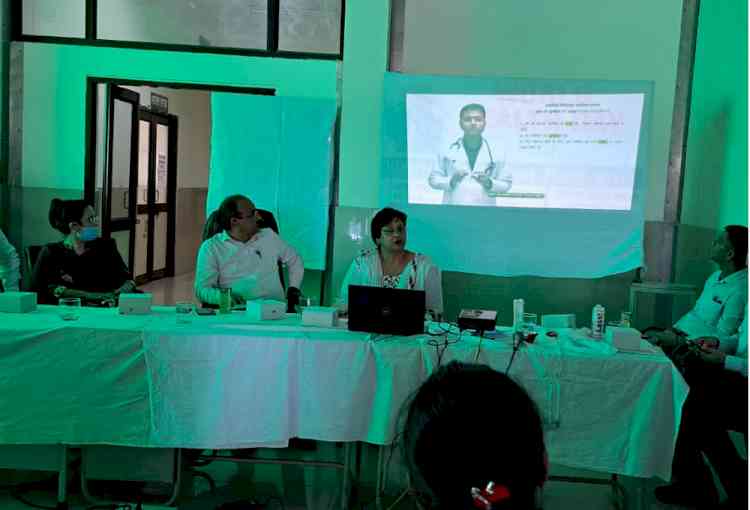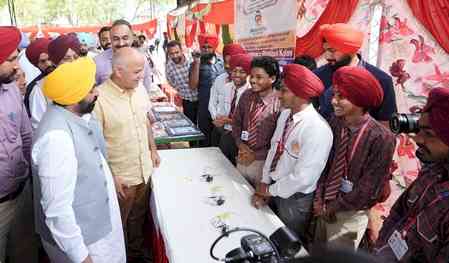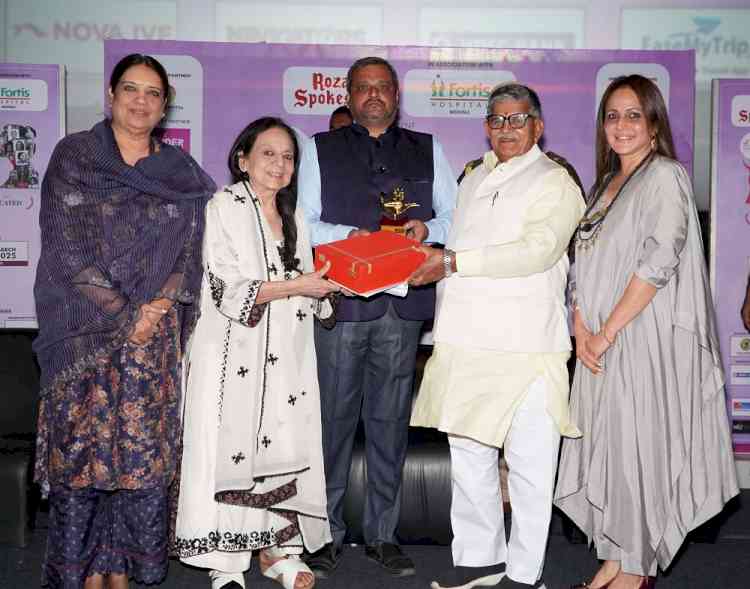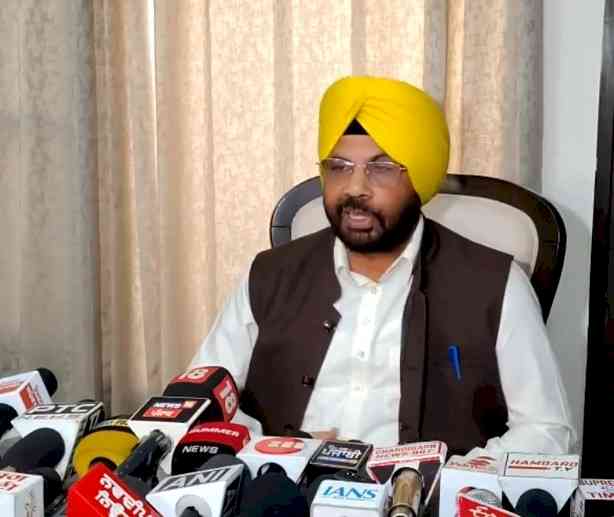DMC&H hosts a meeting on ‘STOP-Epilepsy Project
DMC&H is the lead institution for the “Scaling up the Competency of Primary Care Workers to Manage Epilepsy by Task Sharing (STOP-Epilepsy)” project supported by Department of Biotechnology (DBT) - Wellcome Trust India Alliance.

Ludhiana, November 25, 2024:DMC&H is the lead institution for the “Scaling up the Competency of Primary Care Workers to Manage Epilepsy by Task Sharing (STOP-Epilepsy)” project supported by Department of Biotechnology (DBT) - Wellcome Trust India Alliance.
In view of this project, Department of Neurology, DMC&H organized a meeting to advance the ongoing STOP-Epilepsy Project in its Board Room, Dumra Auditorium.
In his message, Bipin Gupta, Secretary DMC&H Managing Society congratulated and lauded the efforts of the team.
Dr. G S Wander, Principal, DMC&H, highlighted the importance of addressing epilepsy as a public health priority, emphasizing the role of primary health care workers to manage the epilepsy at initial stage.
Speaking on the occasion, Dr. Gagandeep Singh, Professor & Head,Department of Neurology, DMC&H and Principal Investigator of this project highlighted that it is being implemented in three districts of India including Nawanshahr (Punjab), Hamirpur (Himachal Pradesh) and bhimavaram, West Godavari (Andhra Pradesh) with the support of collaborators and consultants from UCL Queen Square Institute of Neurology in London along with All India Institute of Medical Sciences, New Delhi; The George Institute for Global Health, New Delhi, University of Hyderabad, Hyderabad and IIT Ropar.
Giving information about the project, Dr Gagandeep Singh explained that, there is still a prevalent stigma about epilepsy, with many believing it is untreatable and that those affected cannot lead happy lives. To address this misconception and improve the ability of primary healthcare workers to manage epilepsy, the project was initiated.
Dr. Gagandeep also emphasized that epilepsy is a chronic neurological disorder affecting around 10 million people in the country, including 300,000 in Punjab. Despite its treatability with simple, affordable medications, there is a significant treatment gap, with 70% of individuals remaining untreated. If left unmanaged, drug-resistant epilepsy can lead to a 2-3 times higher risk of premature mortality compared to the general population. However, with proper treatment, individuals with epilepsy can lead healthy, productive lives.
During the team, STOP Epilepsy team proposed to the Health Minister that more epilepsy medicines should be available on Punjab’s essential medicine list and the Health Minister was prompt to respond saying that all medicines that were beneficial and safe for patients will be made available for the people of Punjab.


 City Air News
City Air News 








